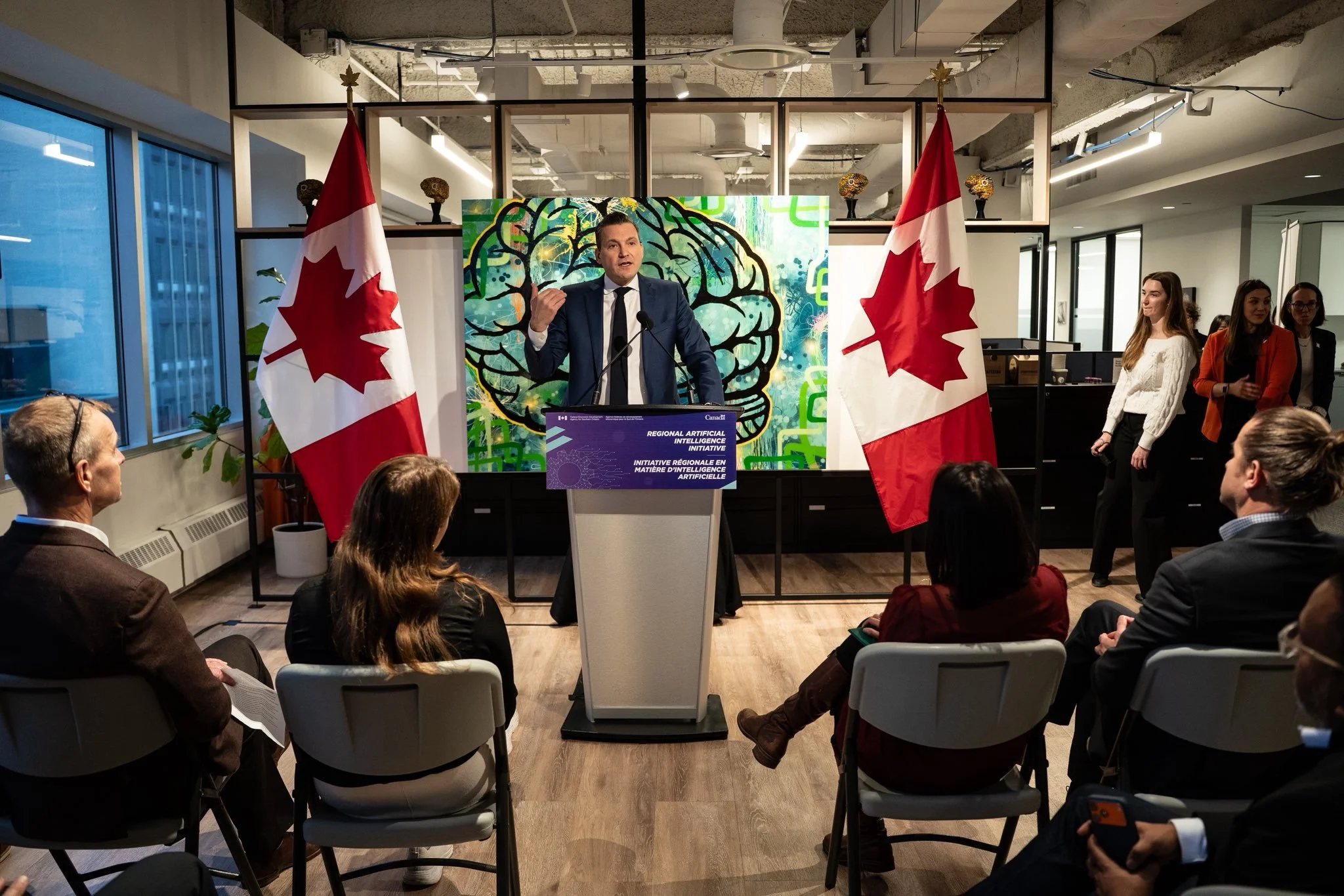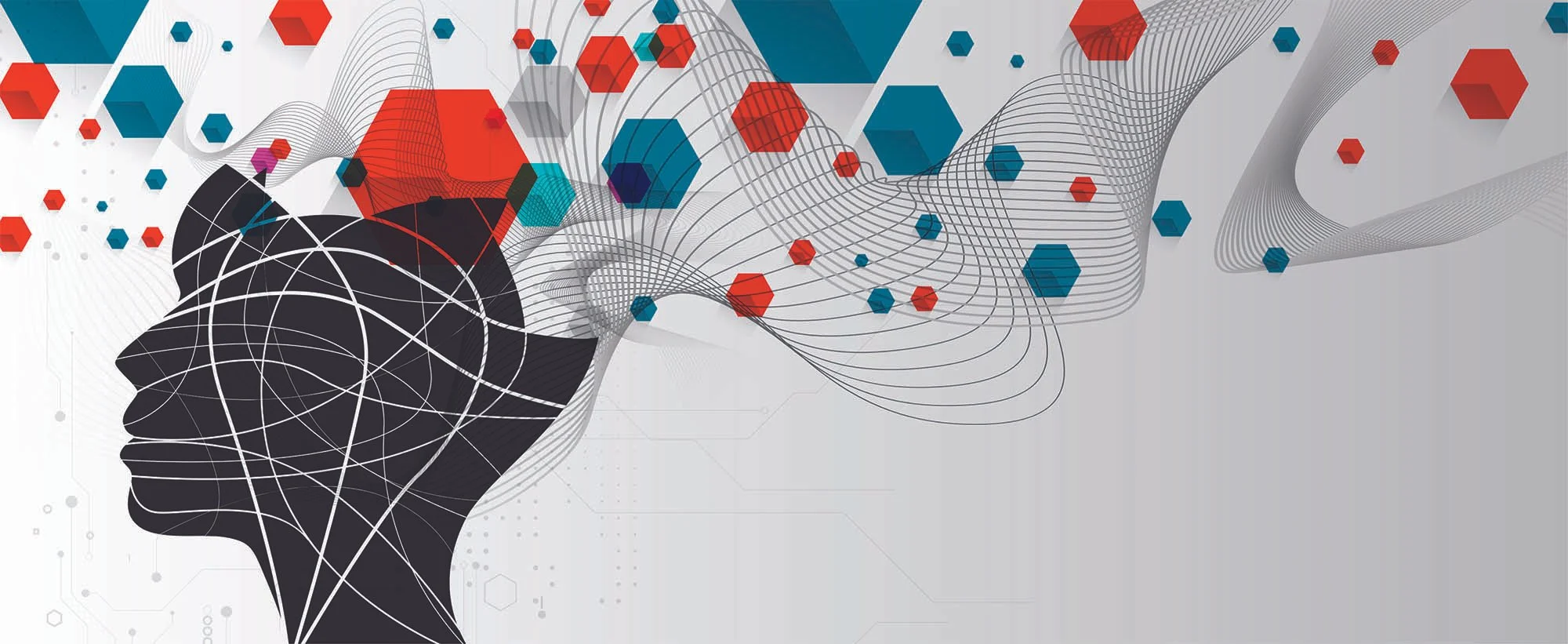‘Mass theft’ of copyrighted songs by AI companies poses economic risks, say music industry executives
As Parliament examines the fast-growing influence of artificial intelligence, Canada’s music industry is sounding the alarm over what it calls the unlicensed use of copyrighted songs to train AI systems. Industry leaders told MPs that while AI can support creativity and streamline their work, current practices risk undermining artists’ rights and revenues — and they’re urging Ottawa to strengthen copyright protections rather than relax them in the name of innovation.
Music leaders warn that unlicensed AI training threatens creators’ rights and urge Ottawa to uphold strong copyright protections / ISTOCK PHOTO
Artificial intelligence companies are engaging in “mass theft” of copyrighted songs, says Music Publishers Canada CEO Margaret McGuffin, warning that the practice poses “serious risks for Canadian creators and the companies that invest in them.”
McGuffin, who appeared at the House of Commons Heritage committee earlier this month, said that while AI has the potential to “support the valuable work of human creators,” it is currently being used in ways that “prevent rights holders from controlling and realizing value for the use of their works.”
“Nearly every song ever written by a Canadian songwriter has already been scraped and is already stolen by these AI companies without consent, credit or compensation,” she told the committee. “Imagine that someone accessed your paycheques without your permission and that behaviour was normalized. That's what's happening to songwriters.”
McGuffin said the use of copyrighted works to train generative AI models without permission “creates serious market distortions and raises concerns about fair competition.” She cited evidence gathered by the International Confederation of Music Publishers (ICMP), noting that “many of the world’s biggest tech companies have scraped copyright-protected music created by millions of songwriters, composers and artists to train generative AI systems, without permission or licensing.”
“Strong copyright ensures that MPC’s members, songwriters and composers maintain control over their music and receive the fair compensation they deserve,” McGuffin said.
She urged the federal government to “reject any calls for watering down the copyright system with a text and data mining exception,” warning that such a move would further disadvantage creators. “Music rights holders must be able to control and realize value for the use of their songs,” she said.
McGuffin also called on AI developers to obtain proper licences and maintain transparent records. “To derive fair value for the use of this copyrighted material, the music publishing industry, which includes SOCAN and CMRRA, routinely grants licences to technology companies,” she said. “AI developers should be no different.”
‘Nearly every song ever written by a Canadian songwriter has already been scraped and is already stolen by these AI companies without consent, credit or compensation,’ says Music Publishers Canada CEO Margaret McGuffin . / MPC PHOTO
Other leaders from across Canada’s cultural industries raised alarms about AI’s impact on intellectual property, creative labour, and cultural sovereignty.
Jennifer Brown, CEO of SOCAN, said Canadian works are being “stolen and scraped by AI companies to train their models, without any compensation to creators.” She warned that under current conditions “up to 24% of music creators’ revenues are at risk of disappearing.”
Brown emphasized that “respect for copyright does not stifle innovation,” arguing that “a mature licensing regime” similar to the one that emerged for streaming platforms can balance compensation and technological progress.
Patrick Rogers, CEO of Music Canada, drew parallels between today’s AI challenges and the music industry’s experience with piracy during the early Internet era. “It wasn’t the Internet that nearly killed the music industry,” he said. “It was copyright piracy and the public’s willingness to become pirates.”
“AI-generated content is not a replacement for original creative IP.”
Rogers urged the government to uphold existing copyright law, to require AI companies to track and disclose what they train their models on, and to “get serious about deepfakes.”
Kelly Wilhelm, head of the Cultural Policy Hub at OCAD University, told the committee that Canada must strike a balance between innovation and cultural protection. She proposed a reframing of the AI debate, saying, “Government action that values and invests in creative and cultural professionals and their IP does contribute to innovation. It does not stifle it.”
Wilhelm said that “AI-generated content is not a replacement for original creative IP,” adding that “AI is fundamentally a homogenizing tool.”
McGuffin noted that music publishers are embracing AI as a tool to help their businesses.
“My medium-sized companies own thousands of songs, and when a music supervisor comes to them and says, ‘Which one fits this brief? We need a happy blues song for this ad,’ it can take them hours to go through their catalogues and listen again. With AI, you can now drag and drop a YouTube video, find the ones in your catalogue — the three that you should pitch — and within five minutes, you're getting that pitch back to that music supervisor in L.A. and getting money to your songwriter in Saskatchewan. That's the beauty of AI,” she said.
The issue is when AI companies scrape those songs for their models and use them without the permission of the copyright holder. “For the first time in my career, I'm coming here to say, ‘Do not change the Copyright Act.’ It is a low-interference and no-cost solution that will protect Canadian songwriters and the music industry that invests in them,” she said.
“We know that many AI companies are coming and talking to you and saying how complicated it is. That is not true. They're saying that music on YouTube is free. That is not true. They're saying that it is too many lines of data. That is not true. Our companies are also tech companies. These [AI] companies pay engineers and they pay dividends, but they refuse to pay for the songs that they're using to train or for their outputs. That needs to change.”
Brown agreed. “What we're looking for is a win-win. We're looking for the opportunity for creators to use AI, ethical AI that is licensed, so that they know they have that partnership there and that the output they have from using AI will be licensed,” she said. “The safeguards there, too, are what we've been talking about: the transparency, the ability to know what has gone into your model and the labelling when it comes out, so that we know this is generative AI. I think those are very simple tools to start putting in place to allow a market to start thriving and to have a win-win, both for tech to thrive but also for the creators to use AI in a really positive way.”
The Heritage committee is one of several Parliamentary committees studying or planning to study the impacts of AI.
Those include:
The House Access to Information, Privacy and Ethics committee, which will conduct a study “to assess artificial intelligence (AI), the challenges it poses, and how it should be regulated.”
The House Industry and Technology committee, which will study “the current status of data sovereignty, opportunities, challenges, and regulatory needs related to the adoption of artificial intelligence (AI) in strategic industrial sectors in Canada.”
The Senate Committee on Social Affairs, Science and Technology, which will study “the impact of artificial intelligence in Canada, highlighting issues including: (a) data governance and sovereignty; (b) ethics, privacy and safety; and (c) the risks, benefits and social impact.”
The federal government’s consultation on AI ends on Oct. 31.
This is part of a series of stories, op-eds and Q&As on the impacts of AI on the Canadian economy.
Do you have a unique vantage point on AI and how it will affect Canadians, the economy and the future of work?
We want to hear from you! What should the government be doing to spur business innovation? Can Canada adopt AI quickly enough to compete meaningfully globally? How can we get digital sovereignty right? What are the ‘bold, practical ideas’ that will increase productivity?
Reach out with your solutions: news@meansandways.ca.







